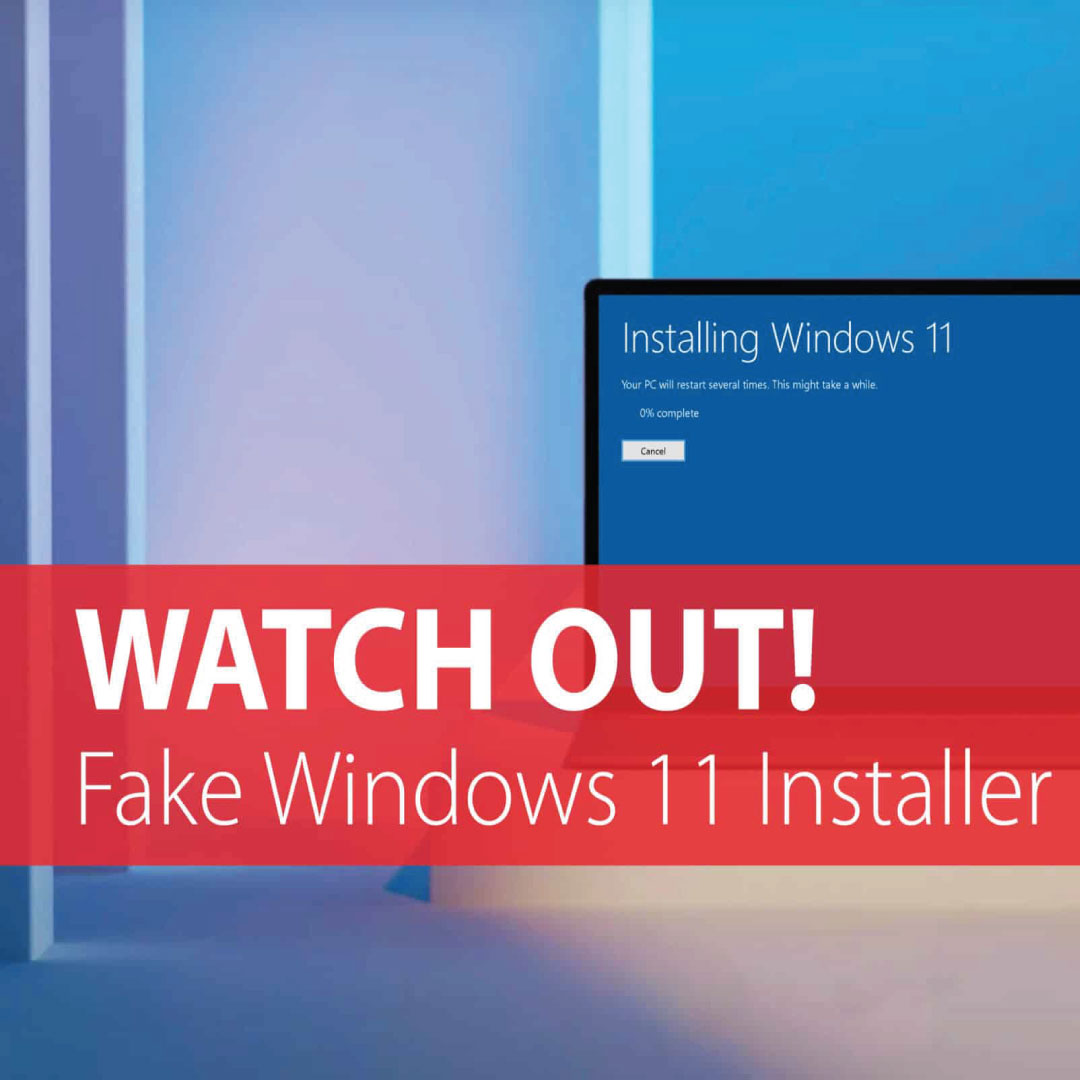Microsoft continues to release updates in which it unveils a series of new features for Windows 11.
Sequel to this upgrade, users will have to keep updating their system to keep to date with the recent features. In lieu of this, hackers are now attempting to deceive users by delivering fake Windows 11 upgrades that contain malware.
Cybersecurity specialists have discovered a new hacking campaign that uses the pretense of a genuine Windows 11 update to install information-stealing malware named “Inno Stealer” leading unsuspecting window’s OS users to install the fake Windows 11
Fake Windows 11 Upgrades: How The Malware Works
The chance of landing on this infected website is high if you search for Windows 11 upgrade or anything similar on the internet.
Once on the fake Windows 11 upgrade page, the user will click the “Download Now” option. This will not download the official Windows 11 update; instead, it will install malware software that will steal the user’s personal information.
Read Also: Cybercrime Typology in Nigeria: A Sign of Industrialisation Part 1
The malware is capable of collecting web browser cookies and other saved credentials, including data from cryptocurrency wallets, as well as information on the victim’s computer’s files and registry.
According to Bleeping Computer, the fake Microsoft website is infected with the Inno Stealer virus. In order to create temporary files on the infected device, the malicious software takes advantage of a part of the Windows installation.
Four more files are created and stored on the system as a result of this operation. Scripts in some of these files are specifically intended to deactivate Windows registry security mechanisms, for example.
As a result, they may also alter Windows Defender’s default anti-virus software and remove ESET and Emisoft’s security solutions.
About The Fake Windows 11 Upgrade Malware Inno Stealer
CloudSEK’s cybersecurity experts have detected the malicious software. Inno Stealer is the term given to malware that infects computers by using the Inno Setup Windows installer to establish itself on a computer.
Since its discovery, security experts have expressed concern about the virus, pointing out that it targets a large number of browsers and cryptocurrency wallets, among other things. Chrome, Edge, Brave, Opera, Vivaldi, 360 Browser, and Comodo are among the browsers that are susceptible to the Inno Stealer malware. Cookies and passwords saved in these web browsers may be stolen by the virus and sent back to the hacker who installed it on the computer.
Read Also : Technology in Nigeria’s Piracy Fights: What Somalia Can Learn
Due to the fact that the virus enables hackers to download new payloads into a system, there is an increased chance of infection. According to the study, this activity is only carried out at night, when the victim is unlikely to be in front of the computer screen. The new payloads, which take the form of TXT files, are therefore capable of suppressing the security protocols on a system to a greater extent. Inno Stealer is then able to steal information from the clipboard and exfiltrate directory enumeration data from the target computer.
How Do I Keep Myself Safe From Fake Window Update?
In the midst of your displeasure that your computer doesn’t support Windows 11, remember to only download ISO files from sites or sources that you are 100% certain about. Scammers are growing better at making fake websites look legitimate, so you should pay attention to things like the web address to see whether it’s a scam.
The built-in Windows Update tool will also notify you whether your device fulfills the Windows 11 compatibility criteria. Installing a legitimate Windows 11 update in this manner is the safest option.
